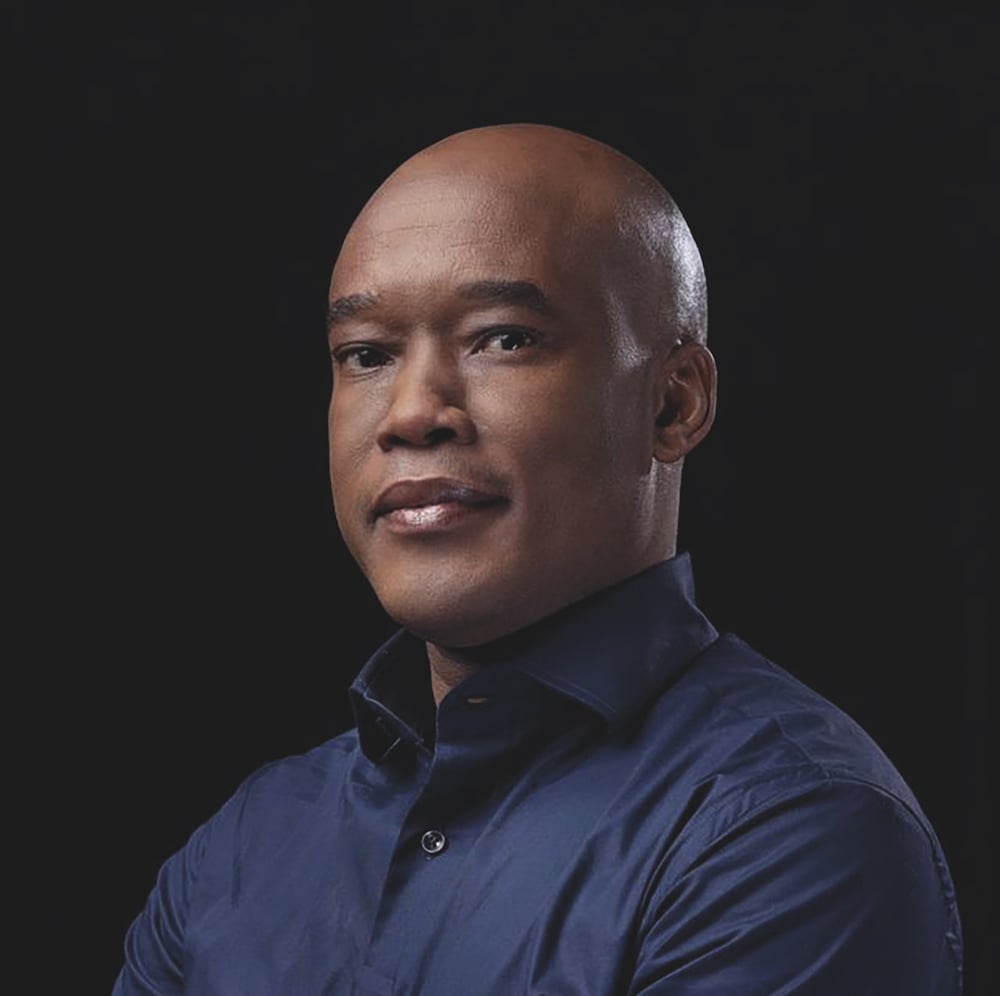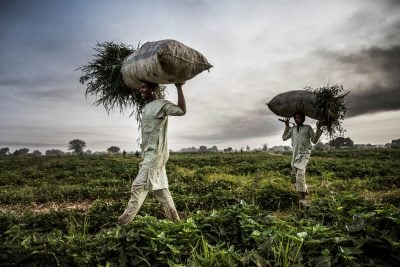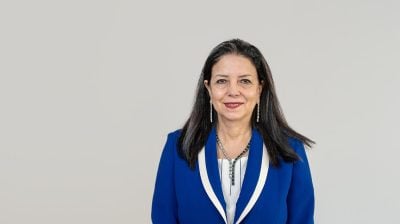Despite the turmoil in the global economy, Calvo Mawela, chief executive officer of MultiChoice, has reasons to remain optimistic. The pan-African pay-TV giant had a pretty good year last year. According to half-year results released in November for the six months to September, revenues were up 6% to R29bn ($1.7bn) in what were difficult trading conditions.
While growth slowed in its home market, South Africa, subscribers and revenue were up in the rest of Africa, where the company now has 13m customers, 3m more than it has at home. Revenues in the rest of Africa grew by 28% to R10.6bn ($620m).
“On the continent, we still have a huge market and it’s driven mainly by the advancement that we have made over many years,” says Mawela when we meet on the sidelines of the 2023 World Economic Forum in Davos.
“We started out with a high-level product that was focused on people that are much more elite and wealthy before we branched out into the middle and mass markets. Most of the people in this bracket were first exposed to the multi-channel viewing environment through us. This is the market that has continued to grow. They appreciate the quality we bring and the investments we are making into local content.”
It is estimated that the number of pay-TV subscribers in the continent will be in the region of 57m by 2028, up from 41m at the end of 2022. This analysis by Digital TV Research also projects that MultiChoice will maintain its position as market leader, ahead of rivals including China’s StarTimes and France’s Canal Plus. This tracks with the company’s own projections.
“We estimate that we have got about 50m potential customers on the African continent. We are still sitting at about 20m to 22m subscribers thus far. We still have a good runway with the current technology for us to be able to capture and continue to grow our business,” Mawela says.
Growth against global headwinds
Technology is one of the group’s revenue drivers but supply chain issues caused by Covid and exacerbated by the current conflict in Ukraine have weighed on the sector. In particular, global supplies of semiconductor components used in decoders for the DStv direct broadcast satellite TV services have been affected. Mawela insists, however, that DStv was able to weather this tempest with planning and foresight.
“We have been proactive in terms of anticipating the demand that is going to come, putting us ahead of many other companies even on a global level so that we make sure that we don’t run out of stock. We’ve just been through one of the best World Cups ever and we didn’t run out of stock. We were able to cater for any customer that wanted to buy our products. It just added to our normal costs that we used to have but we have managed it very well,” he says.
Of course, MultiChoice is not immune to that other threat that comes from technology – streaming. Globally, the rise of streaming services has endangered the traditional forms of broadcasting, producing a generation of “cable cutters,” subscribers who choose to dispense entirely with pay TV and opt instead to stream programmes through handheld devices, personal computers and smart televisions.
In Africa, the market is estimated at $1.8bn currently, with annual growth expected to be at 11% through to 2027, when it will be worth a projected $3.1bn. In recognition of this consumer trend, MultiChoice has launched its own offering, Showmax. In 2022, subscriptions to Showmax grew by 50%, while Showmax Pro, an expanded offering, saw a 111% increase in its user base.
While competitors from outside the continent come with deep pockets and institutional advantages to compete in both the traditional and new media formats, Mawela believes that MultiChoice’s local content gives it the edge with African viewers.
Local programming is central
“Local content is a business imperative for us now. It increases appointment viewing on a day-to-day basis and you can see how engaged people are on Twitter when our shows are on. We see people discussing the storylines. We have perfected the stories that Africans want to see and which resonate with them. We go deeper into local languages and make sure that those stories are told in a way that reflects the day-to-day experiences of our viewers. That has brought a lot of people into pay-TV subscription,” Mawela stresses.
So engaged are viewers that even the challenge of inflation could not quite cool their ardour for their favourite shows. Despite the impact on household budgets, DStv and GoTV continued to entertain an increasing number of African homes in 2022.
“When people start cutting back on entertainment outside their house, they want something that can entertain the mother, the father, the kids – and television is one of those that brings families together and keeps them entertained. They pay one price and they have entertainment for the whole month.”
Still, he is aware that television may be lower in the order of priorities when times are difficult, a fact he says he reminds his team of regularly.
Bet on branching out
The company is exploring other ways in which it can serve its customers. The CEO believes that having won their trust and attention, it can leverage its brand to serve its customers in other ways.
Most closely related to its television business, perhaps, is sports betting. Around the continent, DStv is the most popular access point to sports competitions around the world. It follows then that people interested in betting would naturally want to follow the games, and people watching the games might be moved to take a punt on their favoured teams.
That bet has turned out rather well, especially in populous, football-loving Nigeria. “We’ve seen numbers that are above 68% growth year on year and we don’t see it slowing down,” Mawela reveals.
Another such venture is insurance, where again, the company is leveraging its brand and consumer access to expand into a related enterprise.
“Despite the fact that there are already many insurance companies available to consumers, the credibility that we have built over many years has demonstrated that if we introduce an insurance product like decoder insurance, people take it up,” the CEO explains, adding that “we are looking at other new opportunities that we can bring and we believe very soon that we will go from there.”
These initiatives point to a company that is still hungry for growth and is willing and able to capitalise on its historical strengths to build capabilities for the future. While this is crucial for any company in a competitive business environment, it will be pivotal in the uncertain climate in which businesses have to operate.
After a week in Davos for the World Economic Forum, however, Mawela is sanguine about the prospects not only for his company, but for the global economy. “We are beginning to see that inflation is probably at its peak now and it’s going to come down, which means interest rates are going to come down, which also means then the world will get normal again. There is a lot of optimism that bodes well for our business.”
Want to continue reading? Subscribe today.
You've read all your free articles for this month! Subscribe now to enjoy full access to our content.
Digital Monthly
£8.00 / month
Receive full unlimited access to our articles, opinions, podcasts and more.
Digital Yearly
£70.00 / year
Our best value offer - save £26 and gain access to all of our digital content for an entire year!
 Sign in with Google
Sign in with Google 



